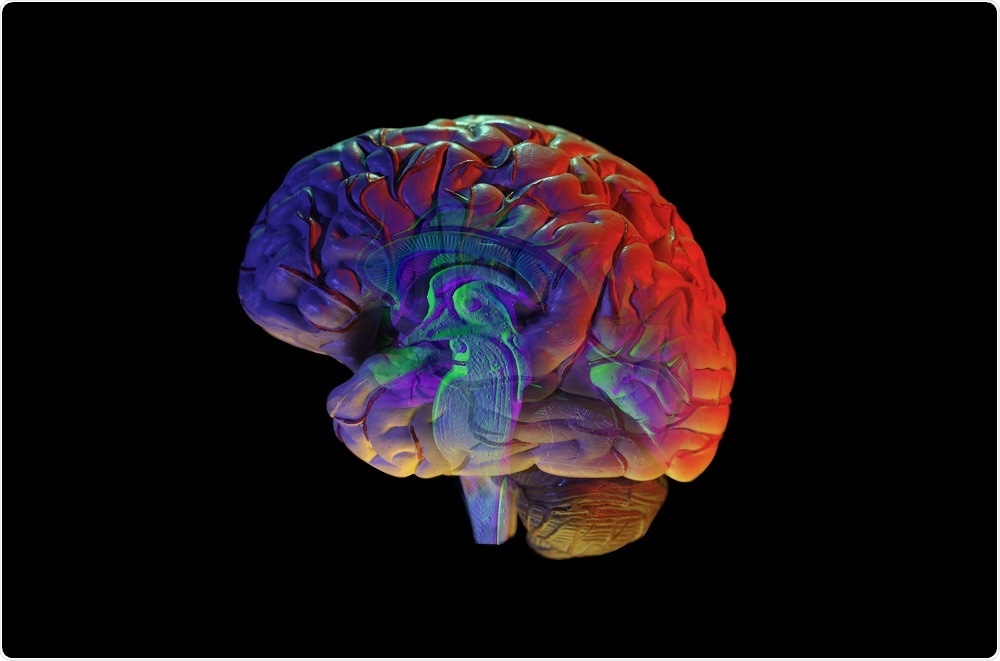Researchers at the University of California, San Francisco, have used PET scans to train a machine-learning algorithm to detect early-stage Alzheimer’s disease.
 James Steidl | Shutterstock
James Steidl | Shutterstock
The algorithm was able to detect the condition about six years before it was clinically diagnosed.
Given that drugs are available that can help stem Alzheimer’s progression if it is caught early on, the development has the potential to help doctors intervene before the condition becomes irreversible.
One of the difficulties with Alzheimer’s disease is that by the time all the clinical symptoms manifest and we can make a definitive diagnosis, too many neurons have died, making it essentially irreversible.”
Dr. Jae Ho Sohn, Study Author
As recently reported in the journal Radiology, Dr. Jae Ho Sohn and colleagues used the new approach to try to predict whether a patient would develop Alzheimer’s after they first exhibited signs of impaired memory - the optimal time to intervene.
Brain cells rely on glucose for fuel and the more active brain cells are, the more glucose they use. Once brain cells become diseased, they gradually use less glucose until they die and use none at all.
Glucose PET scans therefore represent a cheap way of diagnosing Alzheimer’s disease before symptoms have advanced.
Radiologists have tried using glucose PET scans to detect Alzheimer’s by looking for reduced glucose levels in the brain, but because the disease is so slow to progress, the changes can be difficult to spot with the naked eye.
Now, Sohn has trained a machine-learning algorithm using PET scans from a dataset called the Alzheimer’s Disease Neuroimaging Initiative, a massive catalogue of scans from patients who were eventually confirmed to have Alzheimer’s, mild cognitive impairment or no disorder.
Eventually, the algorithm started to learn which features are key in predicting a diagnosis of Alzheimer’s and once it had been fed 1,921 scans, the team tested it on two new datasets.
One dataset included 188 further images from the ADNI database that had not yet been presented to the algorithm and the other included a completely new set of scans from 40 patients who had presented with potential cognitive impairment.
The algorithm correctly identified 92% of patients who went on to develop Alzheimer’s in the first dataset and 98% in the second dataset. Furthermore, it achieved these predictions an average of just over six years before patient’s received a final diagnosis.
Sohn says the algorithm now needs to be validated and calibrated in a larger and more diverse cohort, because it has the potential to become clinically relevant.
He thinks that if the algorithm survives these tests, it could be used as a predictive and diagnostic tool when a patient visits a memory clinic, helping to ensure they get the treatments they need earlier on.